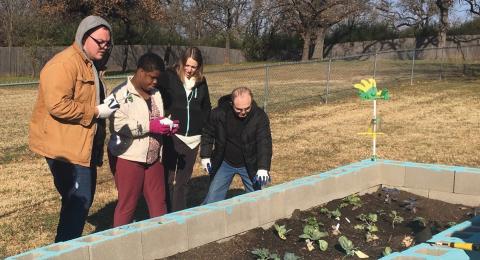START is an evidence-based, community crisis prevention and intervention service model for individuals aged 6 and older with intellectual and developmental disabilities (IDD) and mental health needs (IDD-MH). The START model is designed to develop community capacity while achieving wellbeing for those served. The START model uses multiple evidence-based practices, including person-centered, culturally competent, whole person, solutions-focused, systemic, positive psychology, and other practices. START Programs provide 24-7 crisis response and stabilization services, often in conjunction with first responders.
START Stands for Systemic, Therapeutic, Assessment, Resources, and Treatment
All START programs work together as a national community of practice facilitated by the National Center. Certified START programs provide:
-
Expertise in the mental health aspects of IDD
-
Validated assessments, training, interventions, and ongoing dialogue with stakeholders within the context of the START model’s guiding principles
-
Cross-systems crisis prevention and intervention planning
-
Certified START coordination
-
Therapeutic supports (resource centers and therapeutic coaching) provided by highly skilled direct support staff
-
Psychopharmacology consultation
-
Outreach to the person, their supports, and service providers to enhance the capacity of all
-
Face-to-face, timely crisis prevention and intervention services, and 24-hour/seven-day crisis response
-
Increased knowledge of MHIDD among professionals through outreach and training
-
Participation in NCSS innovative training and research initiatives

